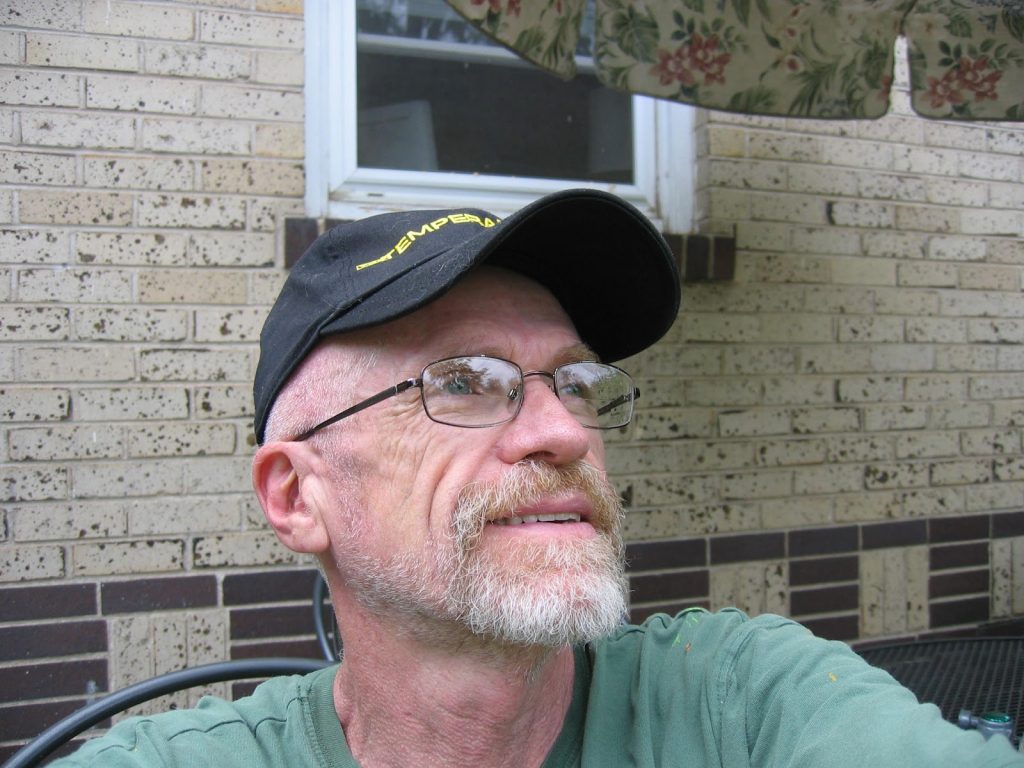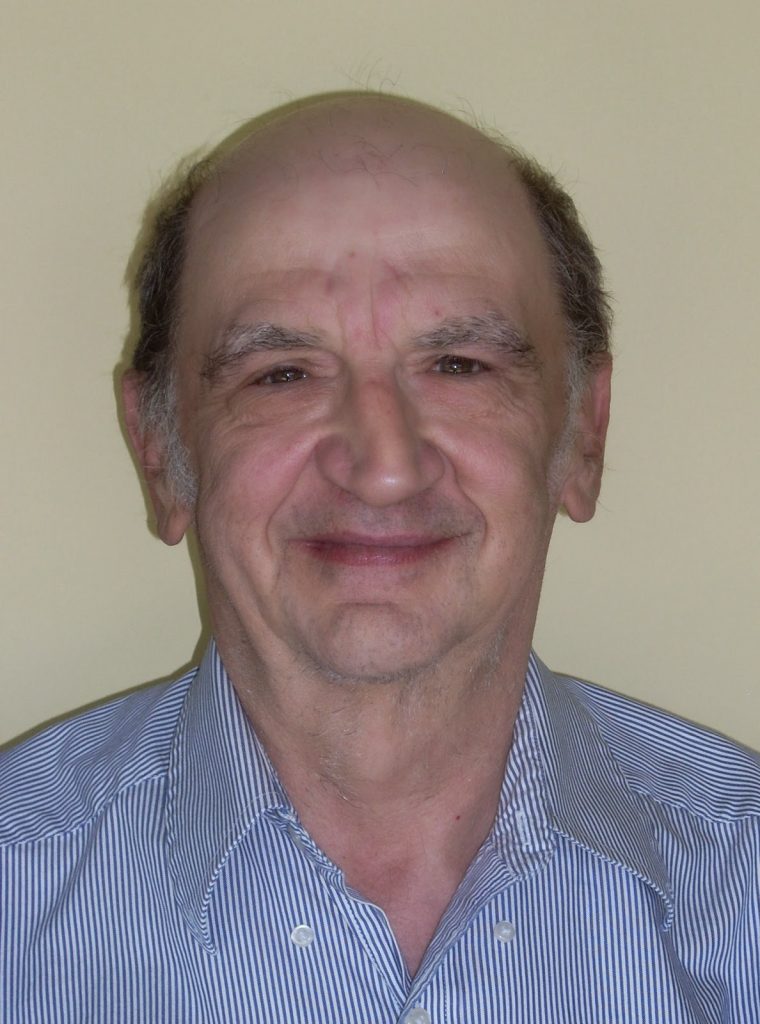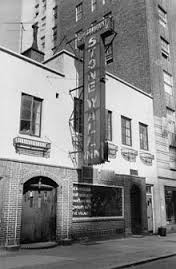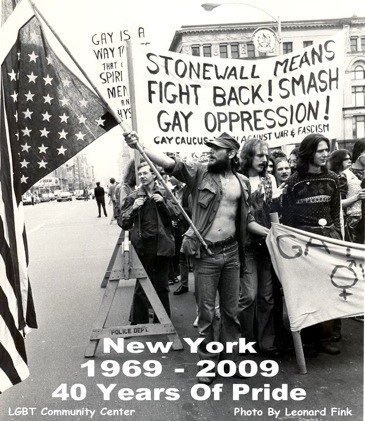The Romantic music of Tchaikovsky is some of the most deeply emotional music ever written. Like millions of listeners spanning more than a century since his death, I have held a deep appreciation for his musical genius. More so, and ever since I was a child, I have deeply sensed the true meaning lying within his final composition, his “Pathétique” symphony. Whether or not my musical sense or Tchaikovsky’s ability to communicate is responsible for my insight, that sense now has been proven to be accurate, which I’ll explain further along.
Tchaikovsky’s music ranges from apparent joy and love to the darkest abyss of despair. Now that additional information has come to light, we at last understand that the full extent of Tchaikovsky’s musical creativity most likely never would have found expression had it not been for the fact that he was homosexual, an orientation that, at that time and place, caused him life-long torment and depression.
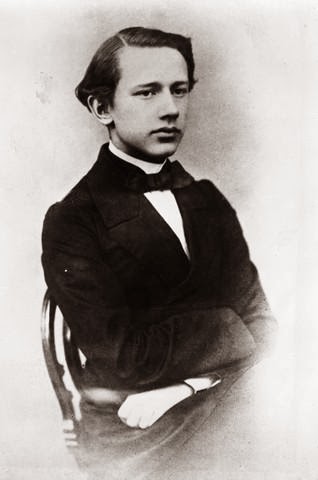 |
| Pytor Ilyich Tchaikovsky, composer
|
Pyotr Ilyich Tchaikovsky, born in Votkinsk, Russia, experienced a childhood of misery. Although his father was minor aristocracy and a civil servant, the family was poor and eventually became destitute. Already an extremely sensitive and introspective child, his mother’s unhappiness affected Tchaikovsky, especially after they moved to Moscow when he was eight. She died when he was only fourteen, a contributing factor to his depression.
He first enrolled in, what was called, the Imperial School of Jurisprudence, an all-boys school that prepared them for civil service, engineering, and the military. Here, he was exposed to much sexual experimentation among the boys, and he soon realized that this was his own preference. At that time in Russia, and especially in the capital of Moscow, clandestine homosexual acts did occur, but the terrible sin was being caught.
Tchaikovsky changed the direction of his career upon attending a performance of Mozart’s opera “Don Giovanni,” an experience that greatly impressed him and resulted in his enrolling in the Saint Petersburg Conservatory. Upon graduation, he returned to Moscow to join its conservatory. In such an environment, he found his career flourishing but, at the same time, having to live in a city that biographers have described as “violently homophobic.” Consequently, he suffered frequent bouts of self-doubt and depression, fearing exposure. He revealed to his younger brother Anatoly that his homosexual tendencies, caused “an unbridgeable gulf between the majority of people and myself. They impart to my character…a sense of alienation, fear of others, timidity, excessive shyness, mistrustfulness, which make me more and more unsociable.” Increasingly, these feelings found expression in his music.
Despite his fears of exposure, Tchaikovsky could not suppress his desires. He became deeply in love with fifteen-year-old Eduard Zak. Eduard, however, suffered his own despair and committed suicide at nineteen. Sometime later, Tchaikovsky wrote in his diary, “How amazingly clearly I remember him: the sound of his voice, his movements, but especially the extraordinarily wonderful expression on his face at times. I cannot conceive that he is no more. The death of this boy, the fact that he no longer exists, is beyond my understanding. It seems to me that I have never loved anyone so strongly as him.”
Stories of love, and doomed love, found expression in his music. Musicologists feel that Eduard was the inspiration for his composition “Romeo and Juliet,” based upon the tragedy by Shakespeare and written at the time Tchaikovsky was in love with Eduard.
Tchaikovsky himself had a doomed marriage, an attempt to appear and to feel “normal.” He wrote to his brother Modest that he would marry absolutely anyone, which he did at age thirty-seven. He attempted to propose to his new wife having simply a platonic relationship, which apparently she did not understand. This experiment failed and contributed further to his depression. They separated within a few months but never officially divorced because the legally required infidelity never had occurred.
One woman became his unseen patron, Nadezhda von Meck, widow of a wealthy railroad tycoon. Although they never met face to face, they frequently wrote to each other. This abruptly came to an end at age fifty when von Meck’s relatives, jealous of the money given to Tchaikovsky, blackmailed her with the threat of public exposure of Tchaikovsky’s homosexuality unless she ceased supporting him, which she did rather than risk that exposure. He was not told of this blackmail and became dismayed and embittered by the sudden severing of their relationship.
The most emotional and despondent music composed by Tchaikovsky was his final work, the Symphony No. 6 referred to as the “Pathétique.” The first movement begins with a solemn and even ominous introduction by bassoons. It then leads into one of the most beautiful yet heart-rending melodic themes, very much like a soulful remembrance of love.
The fourth and final movement is unusual in that it is the opposite of the expected exuberant ending. Instead, it begins with total resignation, climbs to a peak of angst and despair, and then, in a dramatically long and ever-descending passage, plummets into a deep, final abyss, much like a jumbo-jet falling from the sky, plunging into the sea, and sinking to the bottom. Recent research since the fall of the Soviet Union reveals why.
In Tchaikovsky’s fifty-third year, the final year of his life, he had an affair with Alexandre Vladimirovich Stenbok-Fermor, the eighteen-year-old son of Count Alexei Alexandrovich Stenbok-Fermor. The great sin of exposure came to pass. The count discovered the liaison and wrote an angry letter denouncing Tchaikovsky to Czar Alexander III, his close friend. The count’s lawyer, rather than delivering the letter immediately to the Czar, instead, contacted his powerful legal and political colleagues, all alumni from the Imperial School of Jurisprudence. They convened a “Court of Honor” and summoned Tchaikovsky to appear before them. He was told that they were prepared to deliver the damning letter to the Czar, thereby destroying his reputation and exposing him to censure and shame. They then informed him that the only way for him to avoid scandal and disgrace was to commit suicide.
Tchaikovsky was confronted with this shock and ultimatum while he was composing the “Pathétique.” It now appears that he completed the symphony as a farewell to life. His death by arsenic poisoning was slow and painful. To prevent the public from learning the facts behind Tchaikovsky’s death, the word went out that he died from cholera.
Anyone who truly cares for other people must be empathetic for Tchaikovsky and regret his having lead such a tortured life. His brother Modest speculated that composing music was “an attempt to drive out the somber demons that had so long plagued him.” We might wish that the man never have suffered so greatly. Yet, without a life of suffering, we might never have had given to us such extraordinary music. I’ll go further; it is safe to say that this “symphony of defeat,” and especially the suicidal fourth movement, never would have been written as it was. As for myself, who have appreciated the beauty and power of the “Pathétique” for so long, it is a sad consolation to have my sense, from the very first hearing, of what Tchaikovsky was saying confirmed. I heard his voice; I felt his despair.
Click on the link below to watch the final
movement of Tchaikovsky’s Symphony Number 6, the “Pathétique”: Mariinsky Theatre Orchestra, V. Gergiev, conductor, 13:20 minutes.
The “Pathétique”
January, 2014
About the Author
I have had a life-long fascination with people and their life stories. I also realize that, although my own life has not brought me particular fame or fortune, I too have had some noteworthy experiences and, at times, unusual ones. Since I joined this Story Time group, I have derived pleasure and satisfaction participating in the group. I do put some thought and effort into my stories, and I hope that you find them interesting.

